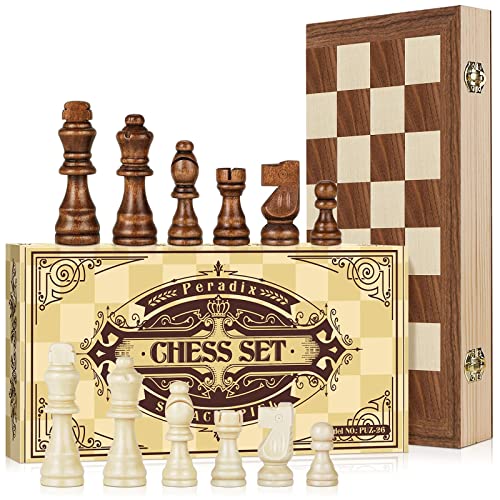The Significance of Chess Piece Weight
Chess is a game that requires strategic thinking and mental acuity, but the physical properties of chess pieces can also play a role in the game. The weight of chess pieces can affect how they are played and how a player feels about their game. So, what is the ideal weight for a chess piece?
The Impact of Chess Piece Weight on Play
The weight of a chess piece can affect how it is handled and can even impact the outcome of a game. Pieces that are too light may be difficult to control, while pieces that are too heavy may be cumbersome and unwieldy. A well-balanced piece can help a player maintain control and ensure their moves are accurate and precise.
Choosing the Right Chess Piece Weight
When selecting chess pieces, it is important to consider the weight and how it will impact gameplay. Pieces that feel comfortable in a player’s hand can help them focus on the game and make better moves. In general, pieces that weigh between 1.5 and 2 ounces are recommended for most players.
Factors Influencing Chess Piece Weight
The appropriate weight for a chess piece can vary depending on several factors, including the material the pieces are made of and the size of the board. Lightweight pieces made of plastic or resin may be suitable for beginners or children, while heavier pieces made of wood or metal may be preferred by advanced players.
Finding the Ideal Chess Piece Weight
While the ideal weight for a chess piece may vary depending on the player and the circumstances, finding a well-balanced piece that feels comfortable in a player’s hand should be the goal. By considering various factors such as material, size, and player experience, it is possible to find the perfect weight for your chess pieces and improve your gameplay.






